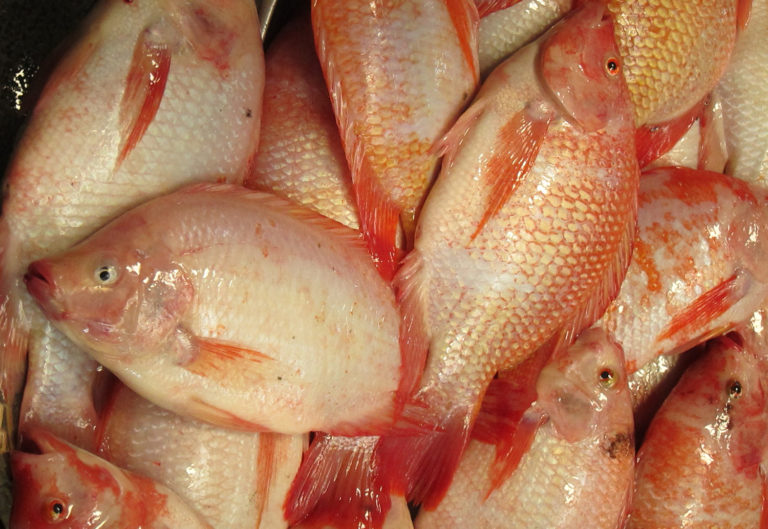
Aquafeeds
Comparing microalgae-blend diets to reference diet for Nile tilapia
Nutritional study with Nile tilapia compared three microalgal diets to a reference diet containing fishmeal and fish oil levels found in commercial feed.
Health & Welfare
An evaluation of dietary oils showed the occurrence of a core microbiota in early life stage of Atlantic salmon, independent of oil type in the feed.

Aquafeeds
Nutritional study with Nile tilapia compared three microalgal diets to a reference diet containing fishmeal and fish oil levels found in commercial feed.
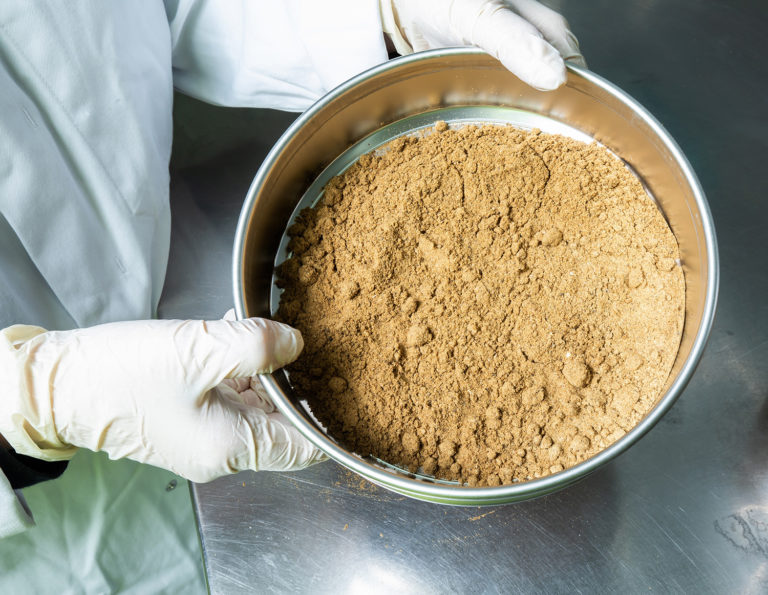
Aquafeeds
IFFO Director General Petter M. Johannessen says fishmeal and fish oil offer unmatched nutrition and benefits to fuel aquaculture’s growth trajectory.
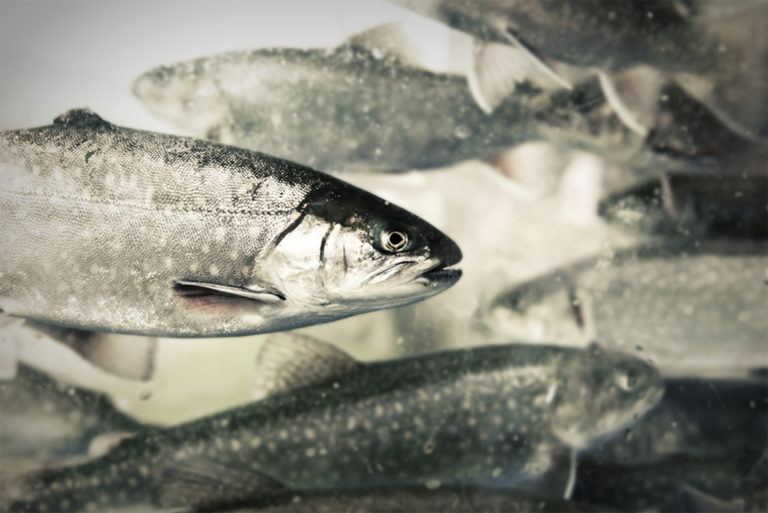
Aquafeeds
Kevin Fitzsimmons, leader of the F3 (fish-free feed) Challenge, says aquaculture may currently depend on fishmeal and fish oil, but farmed fish do not.
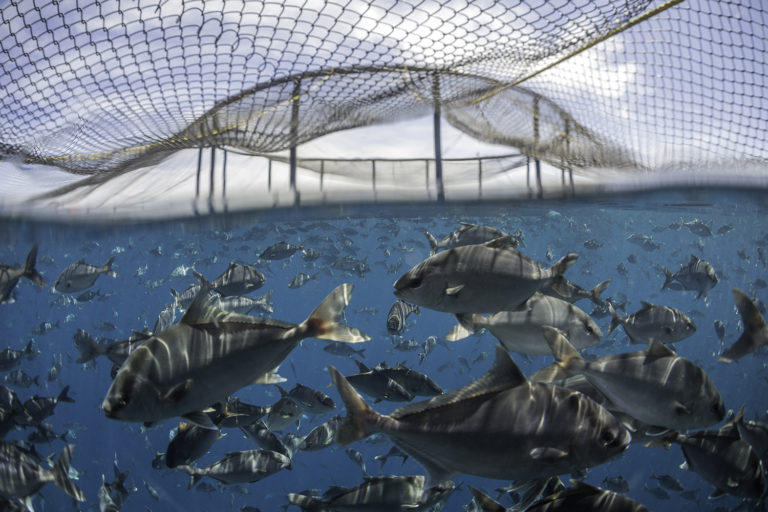
Aquafeeds
An evaluation of experimental juvenile kampachi (Seriola rivoliana) diets – with zero fishmeal or fish oil – finds significant potential.
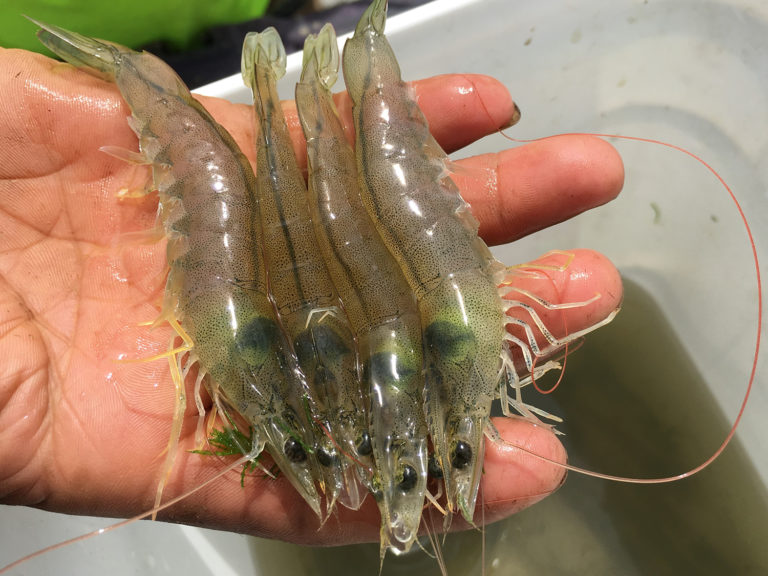
Aquafeeds
Study compares the response of Pacific white shrimp fed microalgal oil-based diets and assessed their ability to withstand a Vibrio parahaemolyticus challenge.
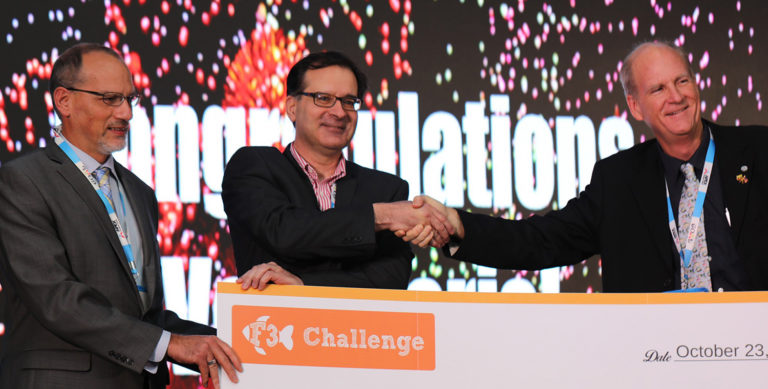
Aquafeeds
The DSM-Evonik joint venture won the F3 Fish Oil Challenge by a wide margin. CEO Karim Kurmaly talks about the “sacrifice” his team made to win.
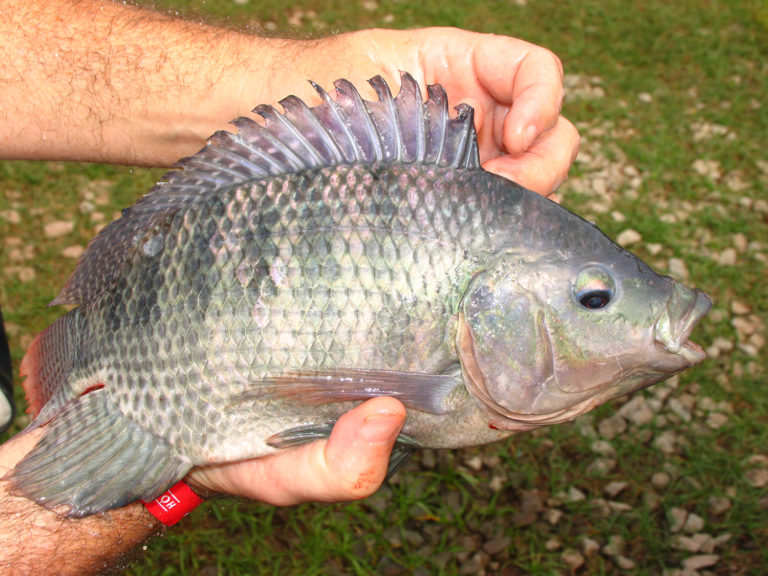
Health & Welfare
Authors investigated the effects of replacing dietary fish oil with palm oil in juvenile Nile tilapia, and demonstrated that growth and feed utilization were not compromised when palm oil was used either partially or totally.
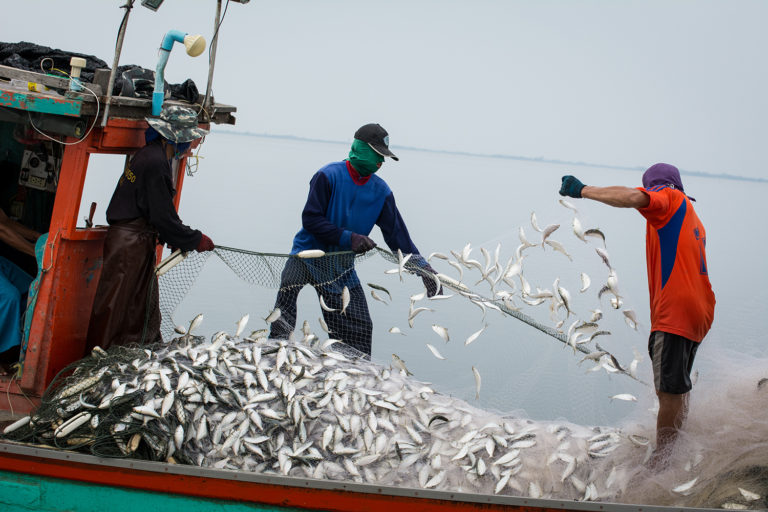
Aquafeeds
Fisheries improvements projects (FIPs) are an important mechanism for bettering South East Asian fisheries that supply into the aquafeed industry, a new report finds.
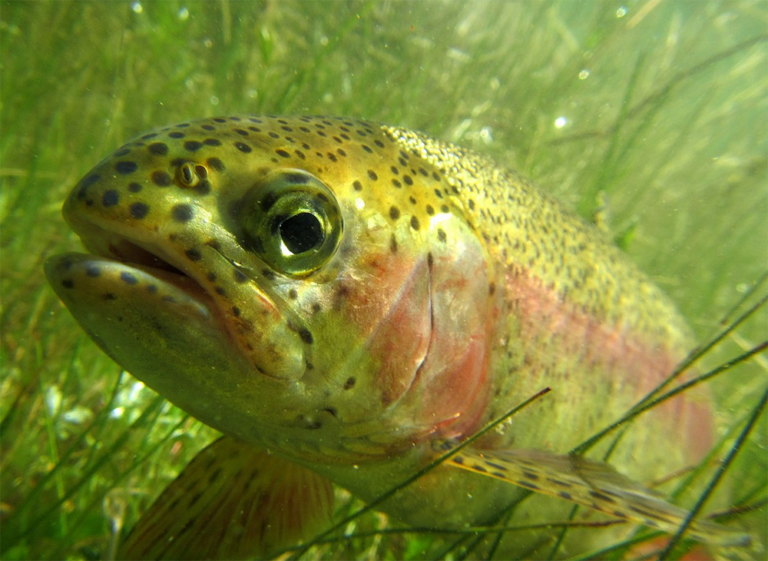
Aquafeeds
This study evaluated the effects of replacing fishmeal and fish oil with a plant-based diet in juvenile and on-growing rainbow trout from first-feeding.
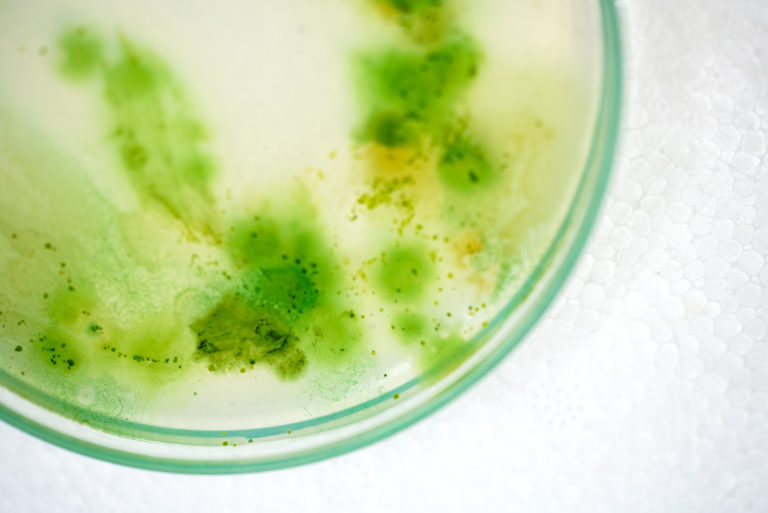
Aquafeeds
How can the interesting and valuable research on alternate feed ingredients get from the laboratory bench to consumers’ bellies through market mechanisms?
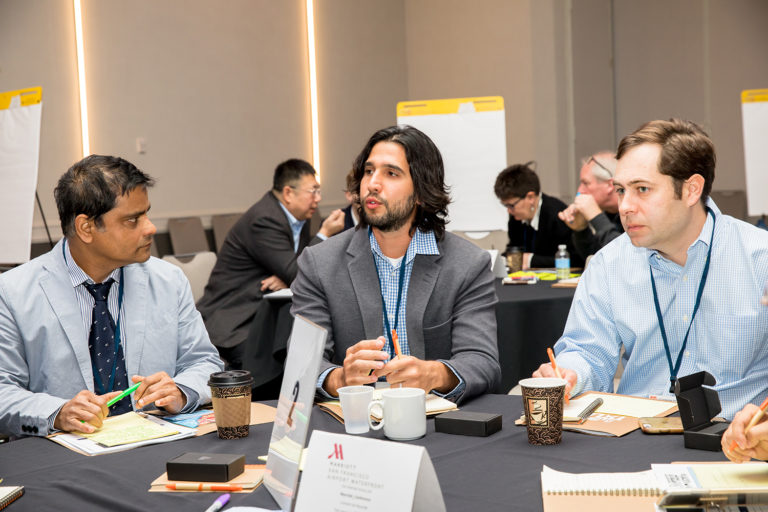
Aquafeeds
At the F3 (fish-free feed) Companies Got Talent event in Burlingame, Calif., last week, alternative (non-marine) aquafeed ingredient companies spoke of decoupling aquaculture from fishmeal and fish oil in their quest for greater sustainability.
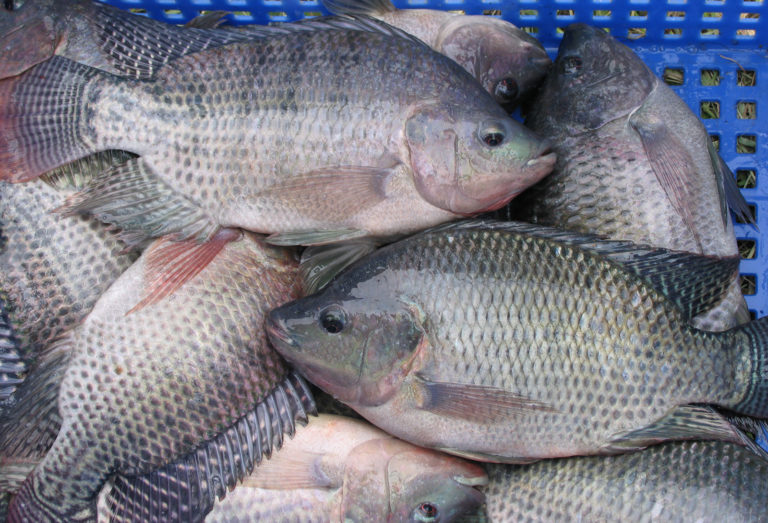
Aquafeeds
This study evaluated the effect of diets supplemented with fish oil and algae meal for LC-PUFA enrichment on juvenile Nile tilapia. The experimental diets have promise as a feasible option for enriching omega-3 content in tilapia fillets.
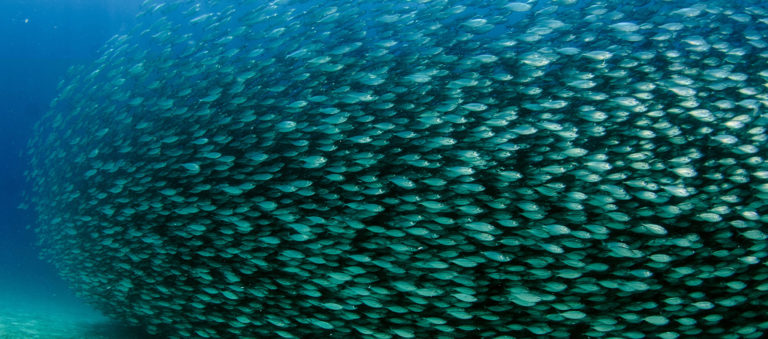
Aquafeeds
Libby Woodhatch says responsible sourcing and safe raw material production is “vital” if fishmeal and fish oil are to remain credible aquafeed ingredients.
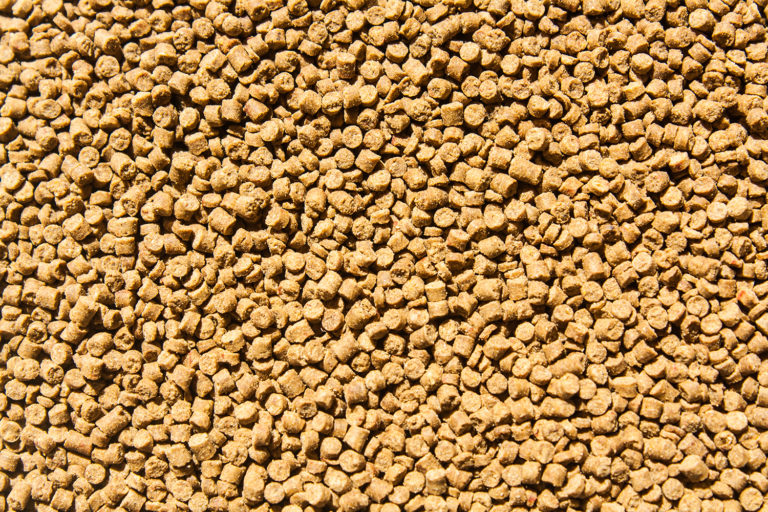
Aquafeeds
At the Barcelona Seafood Summit, an expert panel discussed a sustainable future for aquafeeds. What stands between us and that future?
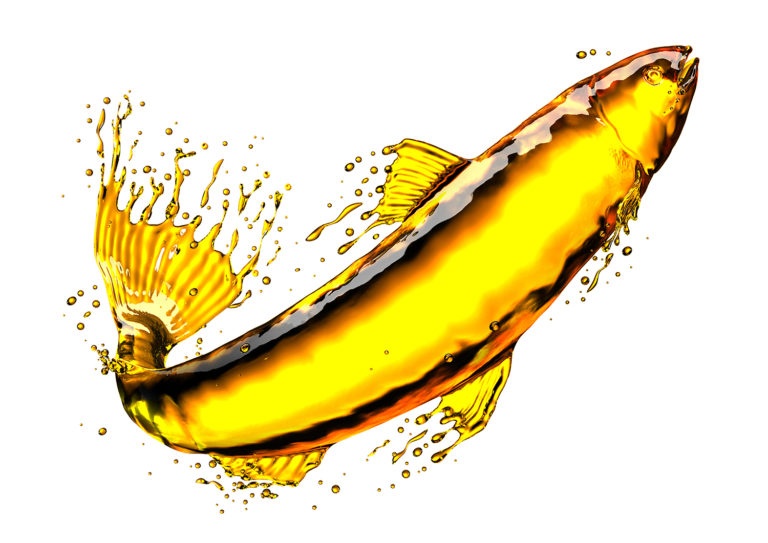
Aquafeeds
The Future of Fish Feed (F3) initiative aims to jumpstart innovation in terms of viable fish-free substitutes to fish oil through the global F3 Fish Oil Challenge.